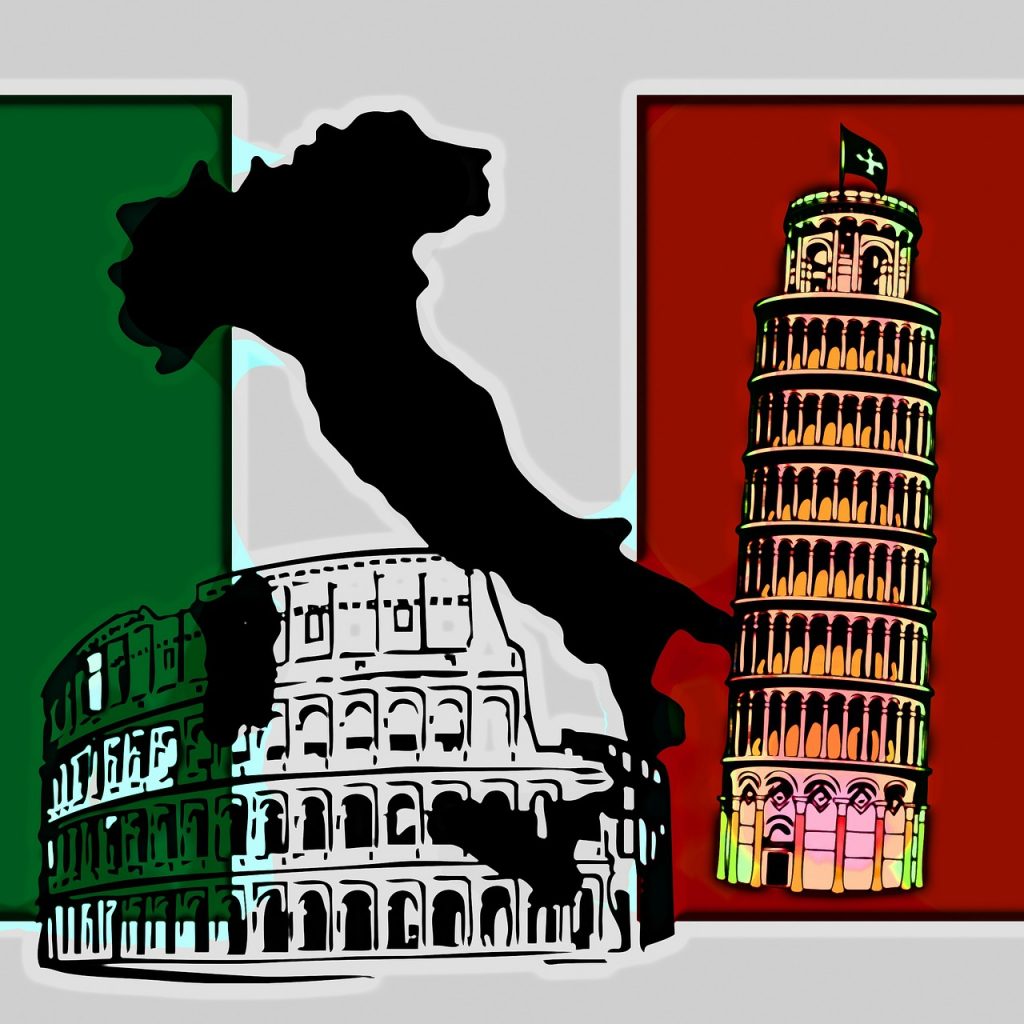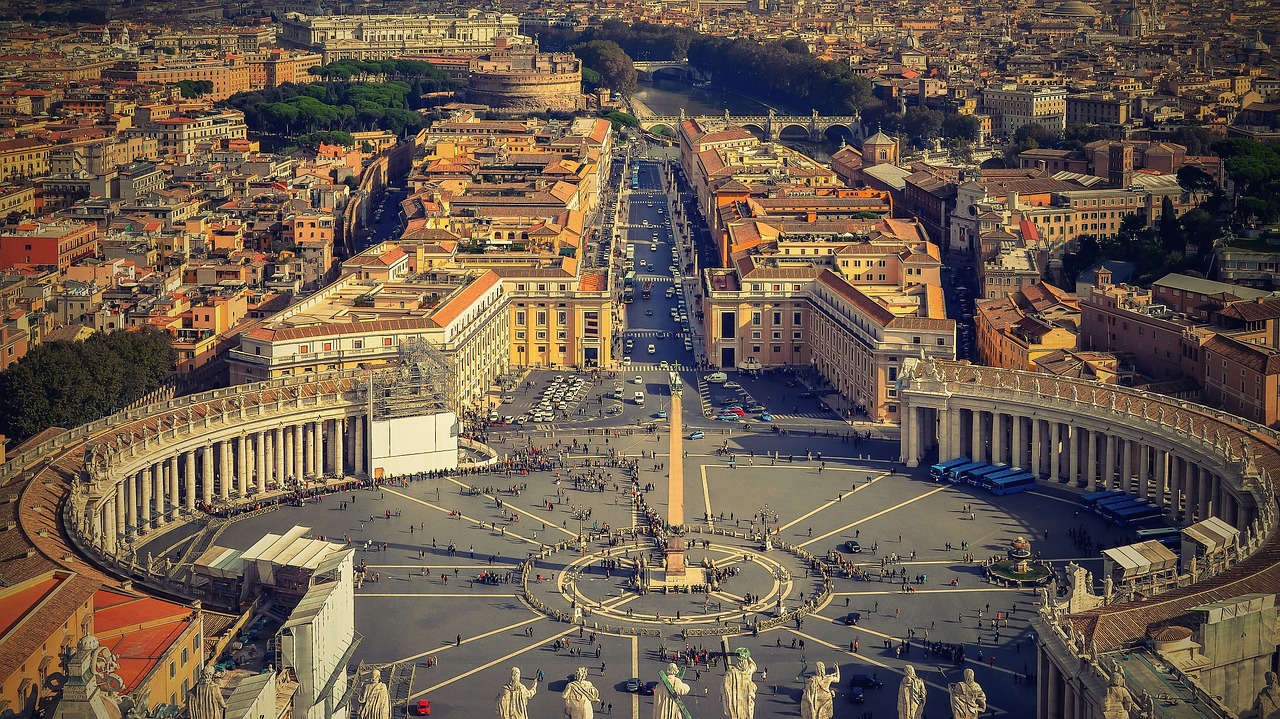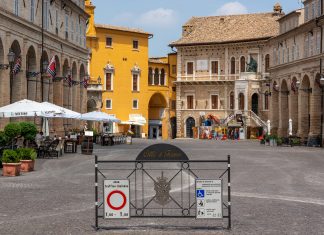When you move to another country, no matter how much you think you know about the culture already through movies and the internet, many things will still surprise and confuse you; culture shock is a very real thing. We’ve compiled a list of some of the most peculiar aspects or practices in Italian culture that seem to surprise foreigners the most.
LA BELLA VITA
It’s true: Italians think it’s very important to enjoy life! While this may seem great and easy to adjust to, many cultures will tattoo the need for productivity on your brain from a young age. So, living the Italian lifestyle as a foreigner can actually be quite challenging at times. Don’t get me wrong, Italians are productive people, and they go to work each day on a normal schedule.
However, they value their time off work a lot more. This is the true essence of working to live, not living to work. Lunch break usually lasts an hour from 1pm–2pm, coffee breaks are essential, and dinner starts around 8 or 9pm after an aperitivo. Don’t expect anyone to rush you out of a restaurant either. You will need to ask for the bill; they will not automatically bring it to you. It’s all about taking it easy and enjoying each day.
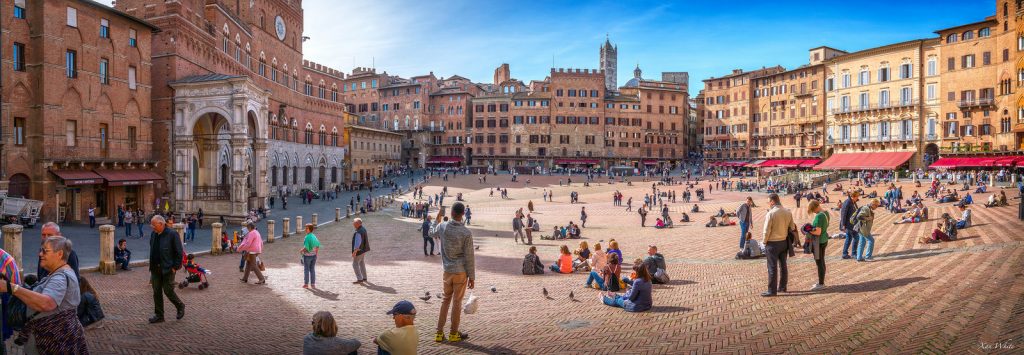
QUEUING
This is related to the previously mentioned bella vita. Italians are never in a rush. They take their time and are usually patient. Queues in Italy usually look like a mass of people just kind of waiting around. Queues aren’t very strict and people may jump the queue to chat with their friends. This applies to anything from the post office to the local bar. Some foreigners might be shocked by the chaos and lack of organisation. However, just remember to be patient and don’t rush around. You’ll get up there eventually. Enjoy la bella vita.
CONVERSATION
You might confuse casual conversation on the streets of Italy for an argument. In general, Italians speak very loudly and use hand gestures a lot. They tend to talk over one another and don’t wait for the other person to finish speaking before putting their two cents in. This, however, does not mean that they’re arguing. If you’re shy, this kind of atmosphere will force you to come out of your shell for sure! You’ll have to be brave if you expect to get a word in.
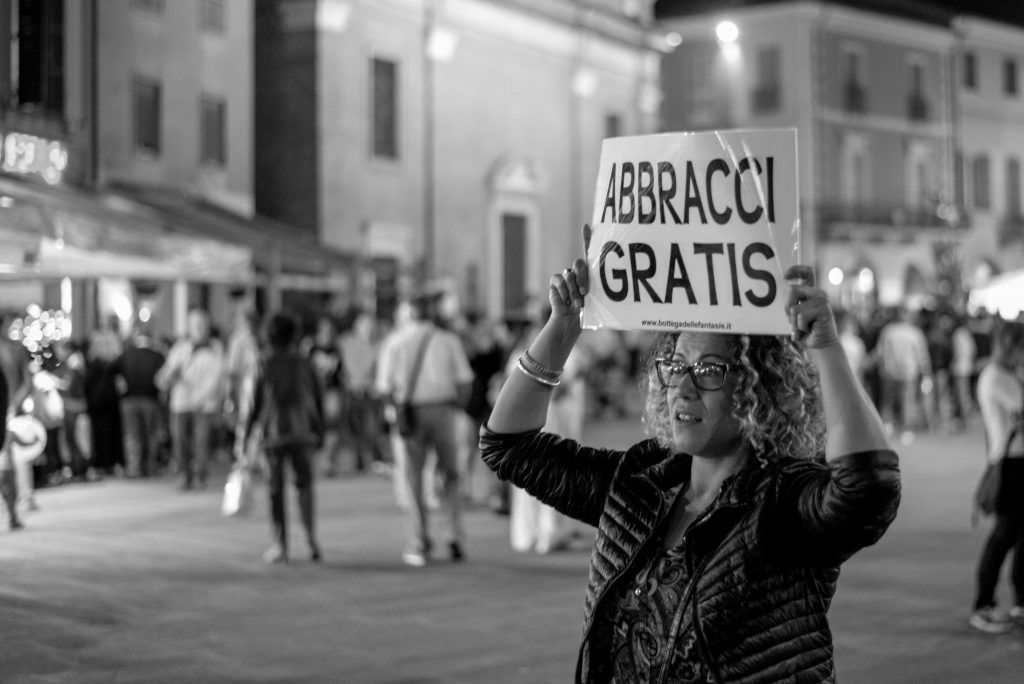
FASHIONABLE DRESS
Being appropriately dressed is very important for Italians. They will judge others by the way they present themselves, clothing being a huge part of that. They do not lounge around the cities in yoga pants or jogging clothes and they only wear sports clothing in the gym. During the hot summer months, Italians will continue to wear jeans and even jackets at night, regardless of the scorching temperatures. If you want to befriend some Italians, you should take care of the way you dress and look. It’s a very important part of the culture.
FORMALITIES
Blowing your nose in public is considered very rude in many countries. Here in Italy however it’s totally not a problem. Carry tissues with you and don’t be afraid to blow your nose in public. The only strange looks you may get are from tourists.
Additionally, in Italian, similar to Spanish, there is both an informal and a formal way of addressing other people. In English, we refer to our boss, to the next door neighbor’s toddler, to the local bartender, and to our best friend as “you” when addressing them directly. However, in Italian, when talking to customer service representatives, doctors, authority figures, strangers, business colleagues, etc use the form “lei,” conjugating verbs in the third person, singular, as opposed to the informal version “tu,” meaning “you.”
When learning the language, be very aware of this to avoid offending anyone. While the culture is becoming less and less formal, it is safest to always use “lei” unless talking to a very close person or being told by the other person to use “tu”.
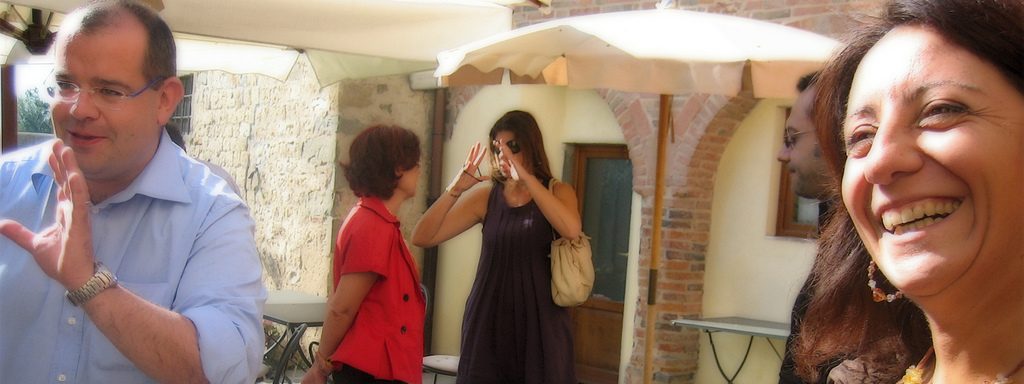
KISSES AND HUGS
Greetings in Italy are very warm. Usually among friends, regardless of gender, there are long hugs accompanied by a kiss on each cheek. With acquaintances, it may be a cheek to cheek hold for a second with a kiss sound rather than actual lip to skin contact. This can be hard to adjust to for people from more reserved cultures. Even bosses and subordinates will have this kiss and hug greeting, something otherwise unimaginable in other parts of the world. Couples are also not worried about public displays of affection. At any given moment you may see lovers locking lips on the street.
FAMILY TIES
The presence of family in Italian culture is such a beautiful part of these differences. Family is typically thought of as the extended family, including uncles, aunts, cousins, etc, as opposed to the more common idea of the immediate family being solely parents and children. Italians are raised to stay close to family, never losing the closeness, regardless of age or additional people entering their lives. As a group, they typically meet often to share meals and many times all the extended family is invited to events as small as a child’s school function.

RELIGION
About 80% of the Italian population is Roman Catholic which isn’t surprising considering the Pope resides in the heart of the country’s capital city. Vatican City is even technically its own country apart from Italy and Rome. While Italy has many Muslim immigrants, the Roman Catholic religion is still holding up. A combination of Muslims, Atheists, and Agnostic people make up the additional 20%.





















